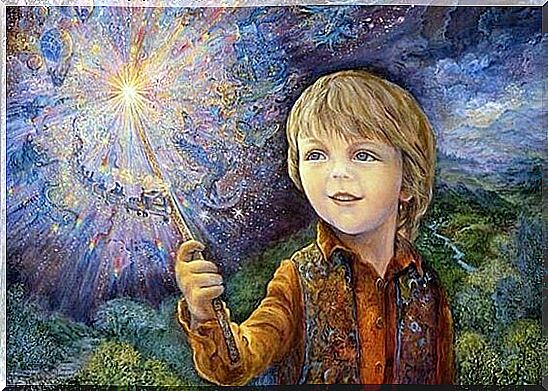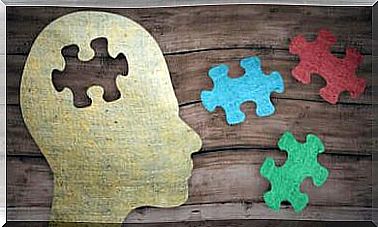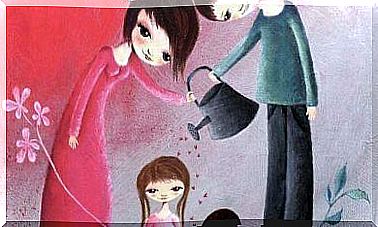The Concept Of Human Development
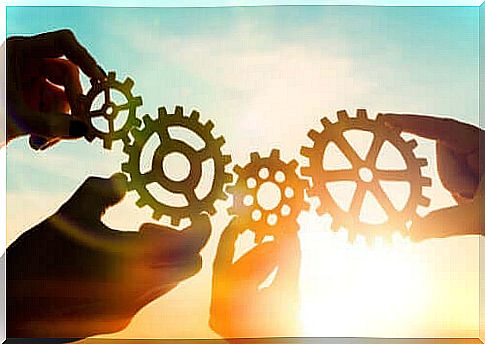
Human development is a social concept, imbued with ideological content and cultural connotations. Nevertheless, it is true that all societies in the world aspire to progress, in accordance with their own conception of well-being.
Human development involves improving the living conditions of people. Thus, by definition, there is no such thing as a “developed” or an “underdeveloped” stage. All peoples and all societies advance, regress or stagnate. Development is therefore seen as a never-ending process.
Despite this, we often come up against semantic contradictions. This is, for example, the famous distinction between “developed countries” and “developing countries”. The aim of this article is to analyze a different approach to this concept. That is, human development when seen as a multidimensional concept. From this point of view, human development constitutes an inalienable human right.
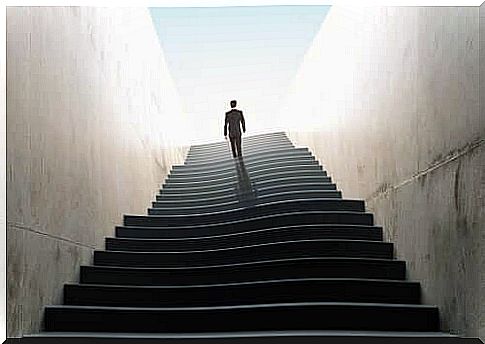
Conceptual aspects of human development
The concept of development is relatively recent. It dates back to the middle of the 20th century. Over the past 6 decades, this concept has been the subject of much debate. We have moved from a unidimensional concept (focused on economics) to a multidimensional concept (which includes economic, social, political, cultural and environmental aspects).
A one-dimensional approach
The idea of human development as a process of structural change has its origins after World War II. Development was then seen as a process of transformation by which countries moved from a traditional economy (i.e. predominantly agricultural) to a modern economy (urban and industrial). This view was measured exclusively through the rate of income growth.
However, this purely economic conception of development poses a number of problems :
- It is assumed that economic growth increases the general well-being of society. It is thus considered that growth, which mainly benefits investors and people with the highest incomes, will also benefit, through spillovers, people with the lowest incomes.
- There is a tendency towards “historical determinism”. According to this philosophical concept, progress consists for the less developed countries in reproducing the experiences lived by the developed countries. Industrialization is therefore seen as the “universal way” of economic progress. Thus, economic growth is often seen as the ultimate goal of development. And, rarely as a way to improve people’s living conditions
Thus, some economists have started to criticize the central place accorded to economic growth in development strategies. In their view, it is above all necessary to promote social and political change in order to improve well-being. Thus, neither industrialization nor economic growth are ends in themselves. To be effective, they must be accompanied by mechanisms for the redistribution of wealth.
Human development: a multidimensional approach
Thus, we began to understand human development as a multidimensional concept. Consequently, we began to look for other indicators to measure well-being, and not just income.
This is how indices such as the Human Development Index (HDI) began to emerge. The HDI makes it possible to measure progress through three indicators. This is health (measured by life expectancy at birth). Education (measured by the average length of schooling and the expected length of schooling). And finally, the standard of living (ie gross income per capita).
This index is more accurate. Indeed, the HDI makes it possible to bring together complex multidimensional information on human development in a single indicator. The HDI therefore enjoys some recognition in the media and in public opinion.

Development today
After six decades of philosophical debate, human development is finally defined as “a process of expanding people’s freedoms to enable them to lead healthy, long and creative lives, to achieve the goals they hold dear and to participate. actively for the development of sustainable and equitable development on a shared planet ”(UNDP). Thus, people are both beneficiaries and agents of human development. And this, collectively and individually.
Finally, development is understood as a process put in place by individuals for the benefit of individuals. Therefore, human development policies must be designed in a participatory manner and their benefits must be redistributed. Ultimately, it appears important to deal fairly with the main conflicts that arise in a developing community. And this, within a finite and shared world.
